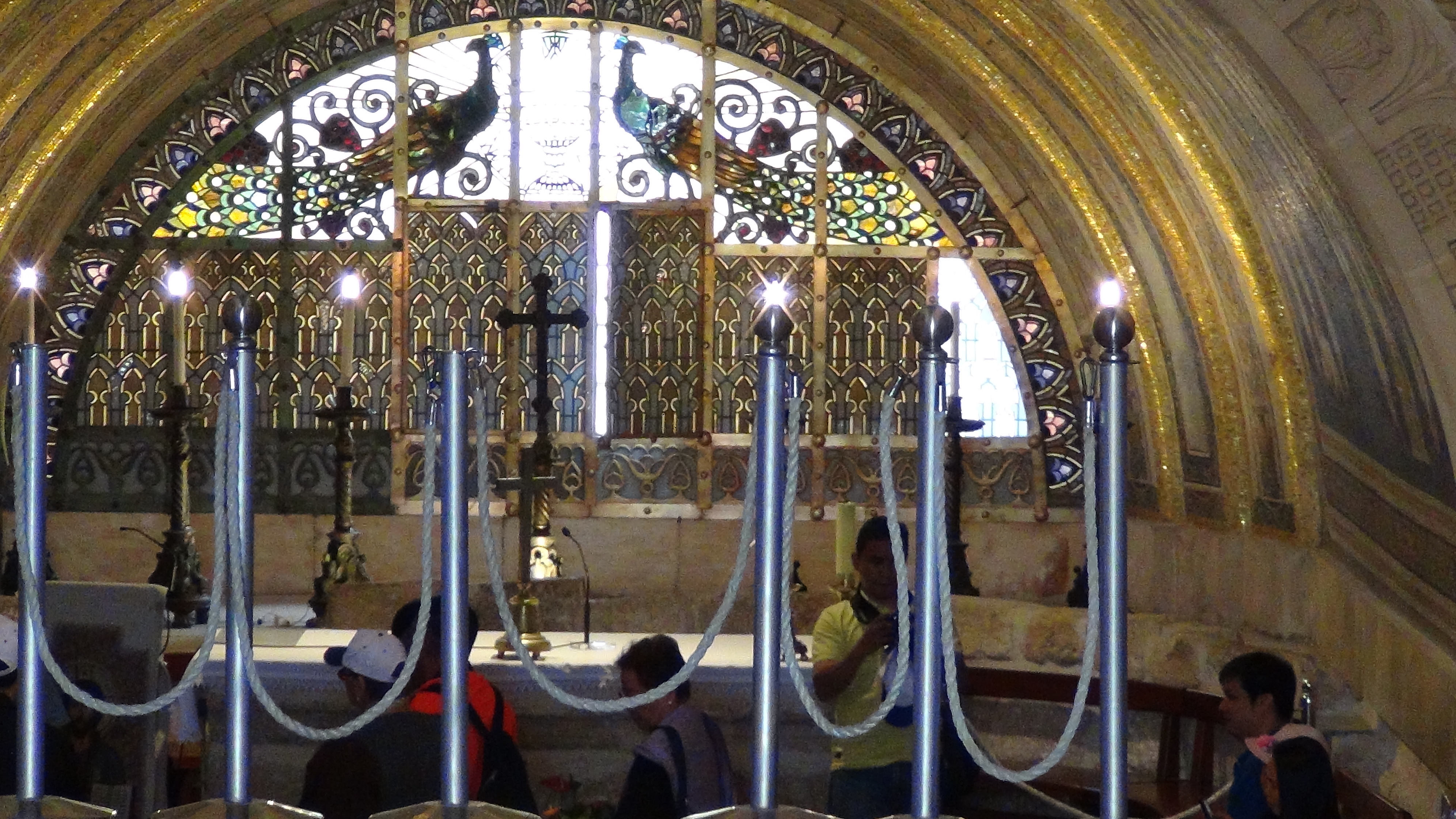1Kgs. 19: 16b, 19-21; Ps. 16: 1-2, 5, 7-11; Gal. 5: 1, 13-18; Lk. 9: 51-62
Go back! When God created humanity, he gave us a gift. I asked a Quincianera (15th Birthday celebration) what she thought was the gift from God when she was born. She responded, with one word “freedom”. A wise young lady because the gift we receive is the gift of ourselves. Freedom is the gift of free will to choose. Choose wisely.
“Go back! Have I done anything to you?” Elisha is being called to serve God out of his freedom. By our baptism you and I are being called to serve God out of our freedom. When we are baptized, we receive another gift from God. What is the gift? It the gift of God himself in the Holy Spirit he comes. “You are my inheritance, O Lord.”
“For freedom Christ set us free…do not use this freedom as an opportunity for the flesh.” Using Freudian language, we can understand our humanity of the flesh. Freud speaks of the “Id” as the drives of passion in the words “I want it now”. The church speaks of the same drives of passion as the seven Corporal sins. They are pride, envy, lust, anger, gluttony, greed, and sloth. Freud speaks of the “ego” as the intellect that considers its options in the words, “I need to do a bit of planning, to get it”. The church speaks of the intellect in terms of the gifts of virtues to choose wisely through justice, prudence, fortitude, and temperance. The intellect is guided by the Holy Spirit to the greater good whether convenient or inconvenient. Freud speaks of the “superego” as a moral compass in the words, “You can’t have it. It’s not right.” The church speaks of the moral compass as the great commandment to love God with all our heart and our neighbor as ourselves. It is beyond the greater good, it is morally the only answer God seeks for us. Do we have the spiritual muscle to respond in freedom to God’s call?
“Live by the Spirit and you will certainly not gratify the desires of the flesh.” Choose wisely for the world also seeks to make us a slave to itself apart from our God. “If you are guided by the Spirit, you are not under the law.” The Old Testament begins the history of salvation by the giving of the law and the call to obedience. A child learns through obedience but a child also hungers to learn more than obedience.
Jesus comes to feed us more than obedience to the law. His commandment is one of love, sacrificial, persevering, and divine love. Jesus feeds us himself and by his grace we can do all things through him who strengthens us “with his glorious riches” as stated in Philippians 4:19. God is rich in mercy and love so why don’t we ask? We fail to see the gift waiting for us. We focus on the pain of giving away something of ourselves. That something is our attachment to the passions of our humanity directed inward. God’s passion directs us outward in relationship to others.
Jesus makes clear the message “Follow me” with these strong words “No one who sets a hand on the plow and looks to what is left behind is fit for the kingdom of God.” We cannot keep a hand on our sins which we indulge in and say I will follow and be fit for the calling. This week was the global movement to pray one billion Hail Mary’s for the priesthood around the world. This is the age of mercy and mercy comes with the need for purification within the church. Pray for our priests who receive the call yet struggle in their humanity.
No one who wishes to follow in the footsteps of Jesus and looks with regret at what they could have had is ready to be his disciple. St Augustine prayed, “God make me chaste but not yet.” His confessions are a witness to our humanity in the desire of the flesh. The way of perfection is by facing our imperfections by the light of truth. Yet it is more common to hear the excuse, “No one is perfect” as reason to keep doing what we do. We cannot proclaim, “Here I am Lord” for one hour on Sunday and then choose to do as we please.
St. Augustine also said, “It was pride that changed angels into devils; it is humility that makes man as angels”. Too often we confuse humility with “turning the other cheek”. Humility is the courage to face the truth. Truth can be a painful reality to see ourselves in our imperfection. Truth can also be a liberating reality to see ourselves in the love of God. God will reveal to us the “path to life” if the child we are to him seeks this truth. We pray, “Here I am Lord, humbly I seek your grace to say yes in the perpetual moment of this day.” Every moment is an opportunity for the “fullness of joy” in the Lord’s presence. Do we go forth or do we go back?


Recent Comments